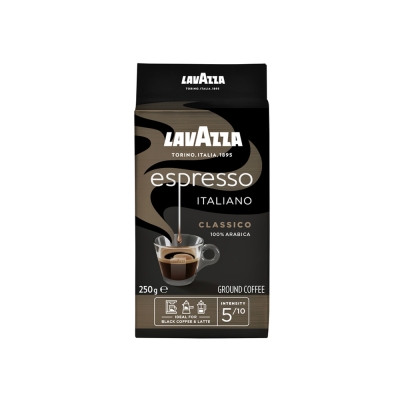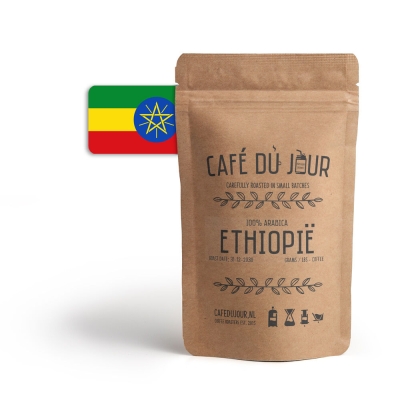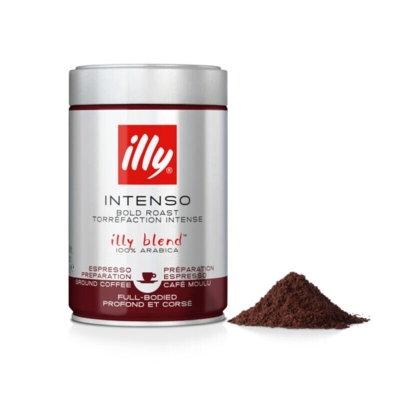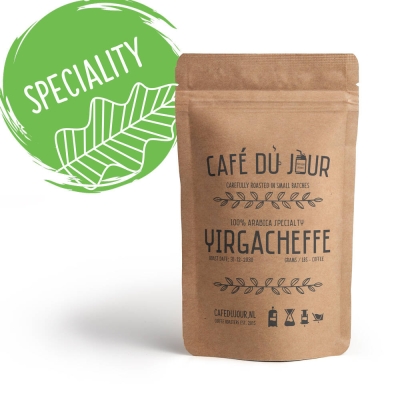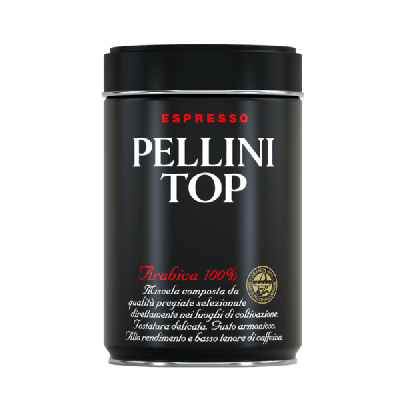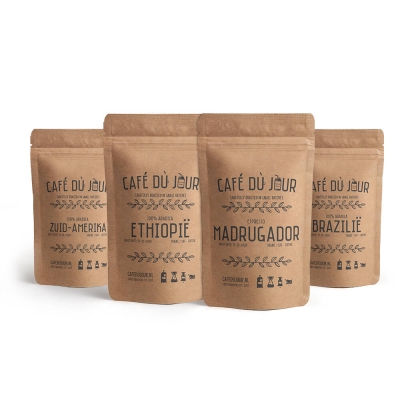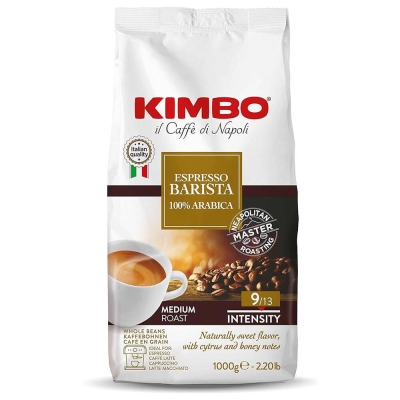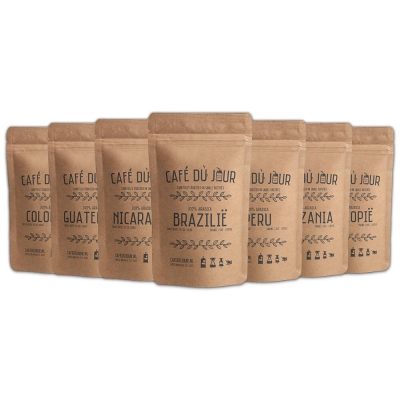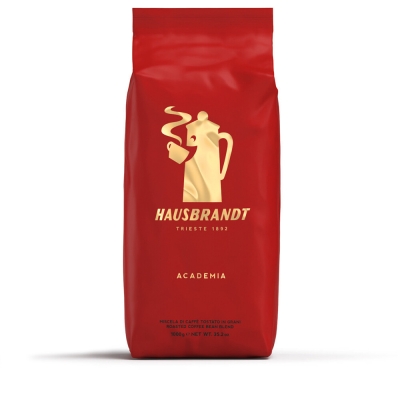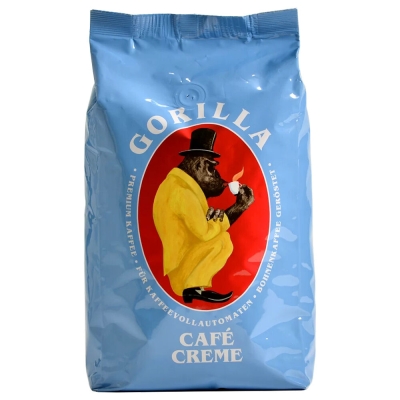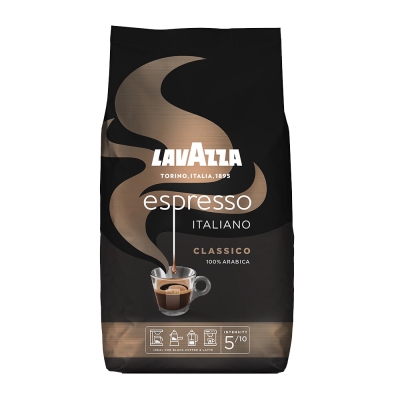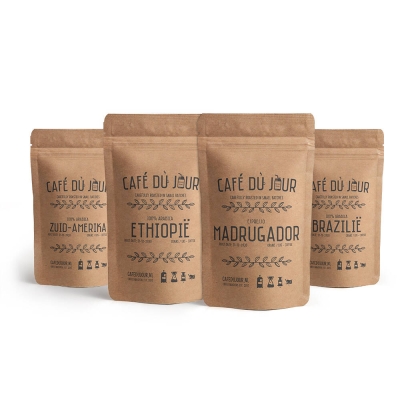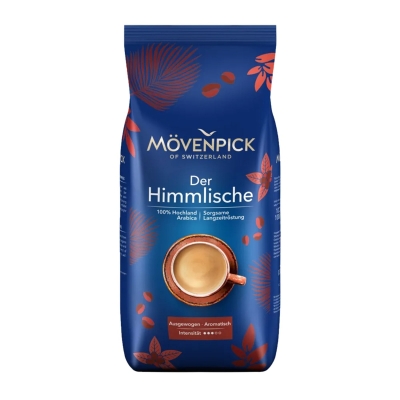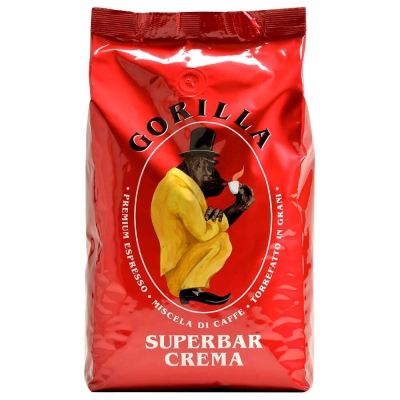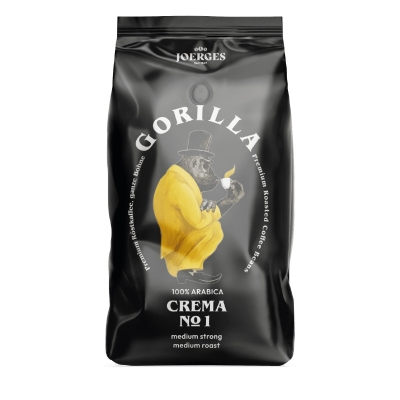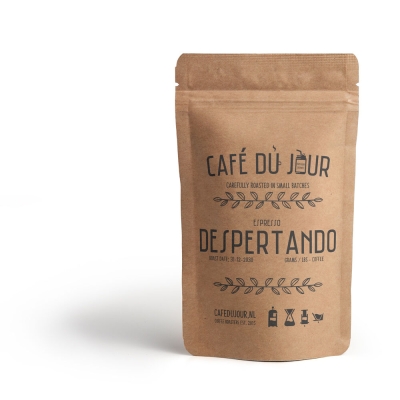Coffee beans from Ethiopia are renowned worldwide for their distinctive aromas and rich tradition. The country is considered the birthplace of Arabica and offers an unparalleled diversity of flavours, from floral and citrusy notes to deep berry accents. This variation arises from the many microclimates, altitudes, and processing methods that give each region its own character. Ethiopian coffee provides a lively and layered taste experience that continues to surprise coffee enthusiasts.
Why are coffee beans from Ethiopia so unique?
Ethiopia is globally recognised as the cradle of Arabica coffee. The country boasts a huge diversity of microclimates, altitudes, and traditional processing methods, meaning no harvest tastes exactly the same. Coffee plants often grow in the shade of indigenous trees and benefit from fertile, volcanic soils. This results in pronounced flavour profiles ranging from floral and citrus to rich berry and spice notes.
The combination of centuries-old coffee culture and natural conditions makes Ethiopian coffee beloved by connoisseurs worldwide.
| Region | Taste profile | Processing method and conditions |
|---|---|---|
| Yirgacheffe | Floral and citrusy notes, bright and fresh | Often washed processed, high altitude (1,700-2,200 metres) |
| Sidamo | Complex and spicy with fruity accents | Both washed and natural processed, varying altitudes |
| Harar | Full-bodied with chocolate, blueberry, and wine-like notes | Natural processing, dry climate in eastern Ethiopia |
These regions are all renowned for their distinctive flavours and quality. Together, they demonstrate how diverse Ethiopian coffee can be.
Single origin coffee from Ethiopia
Single origin coffee means that the coffee beans come from one specific region or even from one plantation. For Ethiopian coffee beans, this emphasises the unique characteristics of the area where they are grown. Altitude, soil type, climate, and processing method all play a significant role.
For example, a Yirgacheffe single origin offers a refined floral coffee with bright citrus notes, while a Harar single origin is rich and full-bodied with deep berry and chocolate tones. Thanks to this origin-specific approach, coffee drinkers enjoy a pure and authentic flavour experience, just as it is in the land of origin.
Brewing advice for Ethiopian coffee
Coffee beans from Ethiopia have a distinctive character that shines in various brewing methods:
- Filter coffee: use a medium roast and a slightly coarser grind to highlight the floral and fruity notes clearly
- Espresso: opt for a medium to light roast for a lively and complex espresso with fresh aromas
- French press: combine a coarse grind with a brewing time of 4 minutes for a full body and a rounded finish with subtle sweetness
- Slow coffee: brew with methods such as V60 or Chemex for maximum control and a balanced extraction of the delicate flavours
With the right grind and brewing method, the characteristic aromas of Ethiopian coffee are brought out to their fullest.
Buy Ethiopian coffee beans at Café du Jour
At Café du Jour, you will find a carefully curated selection of Ethiopian coffee beans, freshly roasted for the best flavour experience. Each batch is packed immediately after roasting to preserve the floral, fruity, and sometimes wine-like aromas. Our range includes variants with diverse flavour profiles, suitable for both filter and espresso brewing. Thanks to our fast delivery, you can enjoy coffee that travels straight from Ethiopia’s highlands to your cup in no time.
Frequently asked questions about Ethiopian coffee beans
Where does the best coffee grow in Ethiopia?
Famous regions such as Yirgacheffe, Sidamo, and Harar produce coffee with pronounced and unique aromas, thanks to their specific altitudes and microclimates.
Which processing methods are used in Ethiopia?
Many coffees are washed or naturally processed. Washed coffees offer bright and fresh flavours, while natural processing often results in fruity and sweeter notes.
How should I store Ethiopian coffee beans?
Store the beans in an airtight container, in a cool and dark place, to keep the aromas as long as possible.
What makes Ethiopian coffee different from coffee from other countries?
Ethiopian coffee is known for its floral, fruity, and sometimes wine-like aromas, often with a lively acidity and complex layers of flavour.














